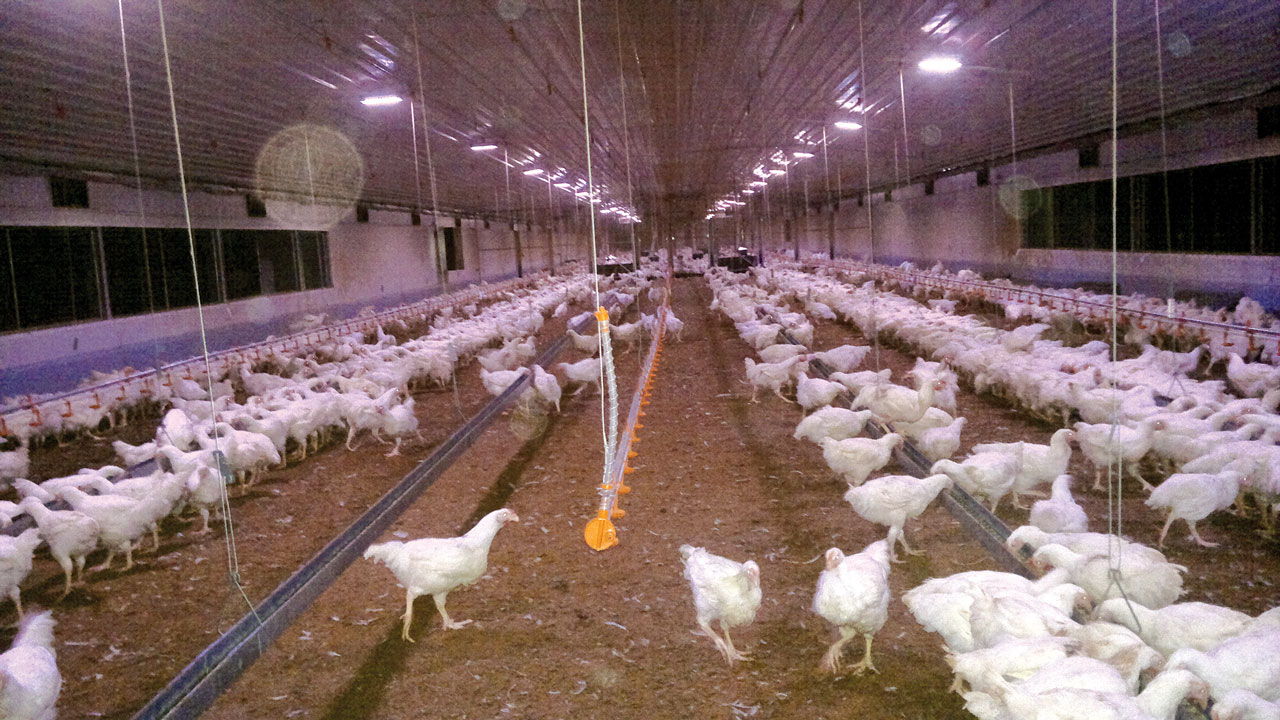The Poultry Association of Nigeria (PAN) last week said the poultry industry could shut down by January 2021 due to the astronomical rise in the prices of maize and soybeans, the main components for producing poultry feeds.
President of the poultry group, Ezekiel Ibrahim, said the industry faces a dire situation unless the government acts fast.
He stated that small and medium-sized poultry farms that were the major players in the industry were shutting down, threatening over five million jobs created by the industry.
President of the All Farmers Association of Nigeria, Kabir Ibrahim, noting that stocks of grains have declined to less than 30,000 metric tons, a fraction of the requirements for feeding Nigeria, lamented that the growing insecurity has made it difficult to augment supplies.
In addition, production of the grains is being affected by the long-running conflict between crop growers and cattle herders, who are being forced by desertification to seek grazing pasture further South.
Experts also blamed the price hikes on the high demand in the international market of Nigerian soybeans, as they are non-GMO variant.
In addition, there was a mop-up of maize grains for COVID-19 palliatives and an alleged lack of incentives to the industry.
As a result, in the last seven months, about two million poultry jobs have reportedly been lost.
Industry sources said the price of soybeans, which is a constituent of poultry feeds, has increased by 87 per cent.
In comparison with the same period in 2019, the price of maize has risen by 82 per cent.
Poultry feeds have increased by nearly 100 per cent.
There are also unconscionable capitalist grain merchants and saboteurs who hoard the available grains for maximum gain.
There have also been policy flip-flops as in July, the Central Bank of Nigeria (CBN) directed all authorised maize dealers “to discontinue the processing of Form M for the importation of maize/corn with immediate effect.”
It added that this was “to increase local production, stimulate a rapid economic recovery, safeguard rural livelihoods and increase jobs, which were lost as a result of the ongoing COVID-19 pandemic.”
The policy resulted in the excessive rise in the price of maize, which pushed thousands of small and medium-sized poultry farmers out of business.
Due to the outcry that followed, the CBN relaxed the policy once by allowing the importation of 262,000 tons of maize.
Also, the federal government released 5,000 tons but these weren’t enough to drive down the prices.
Mrs Blessing Alawode, Chairperson, Poultry Association of Nigeria, Ogun State, said: “We want the federal government to assist the local maize growers with high-yielding seeds and fertilizer in order to increase their quantum of harvest per hectare, so that in the next seven to ten years, the huge gap between demand and supply of maize and soybeans can be filled.
“Therefore, importation of maize and soybeans, in the short term, is the most pragmatic way to obviate further rising prices of the products and ameliorate the hardships of the citizens.
“We appeal to the government to ban the export of processed soybeans and soybean meal and check the profiteering activities of grain merchants.
“Thousands of poultry businesses will shut down in the face of high operating costs, leaving business owners and their employees without a means of livelihood.”
There is a need for the quick provision of high-yielding seeds and varieties of grains and hybrid chickens through the nation’s agricultural research institutes.
There should be alternatives to maize or soybeans as components of producing poultry feeds.
But in a country that runs a free market economy, there should not be any ban on the exportation of soybeans or maize or any product.
If there is higher demand overseas, efforts should be made to increase local production and cultivate better varieties of grains to meet both local and international needs through CBN intervention loans.

 Join Daily Trust WhatsApp Community For Quick Access To News and Happenings Around You.
Join Daily Trust WhatsApp Community For Quick Access To News and Happenings Around You.


